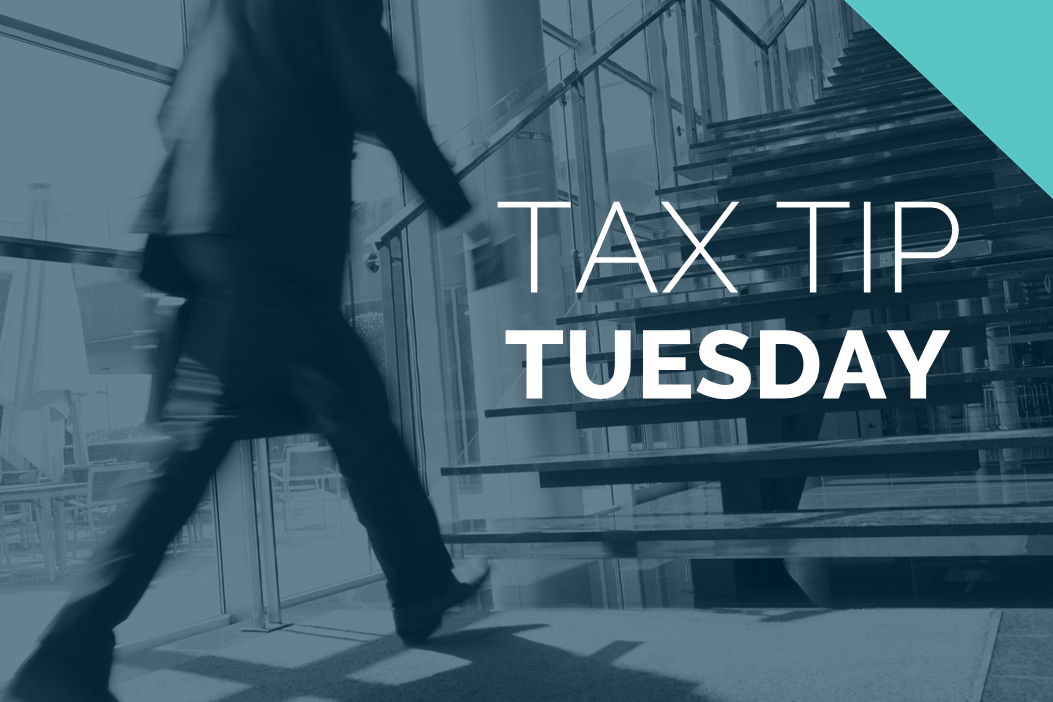Effective May 21, 2023, P&N has joined EisnerAmper. Read the full announcement here.

When we think of hobbies, many of us think of pastimes such as reading, painting, or golfing. While many people enjoy hobbies as a way to spend their free time, some hobbies are also a source of income. Taxpayers who generate money from a hobby must report that income on their tax return. However, expenses related to income earned from a hobby are miscellaneous itemized deductions and are no longer deductible after the Tax Cuts and Jobs Act. This differs from the treatment of expenses related to carrying on a trade or business, which are generally deductible. Thus, it is very important to differentiate whether your income is being generated via hobby activity or from a trade or business.
A business, though it may be enjoyable, is operated to make a profit, while a hobby is engaged in for pleasure or recreation, regardless of any profit motive.
While the determination of whether an activity is a business or a hobby can be heavily fact-dependent, the main determining factor is whether or not the activity is carried on to make a profit. A business, though it may be enjoyable, is operated to make a profit, while a hobby is engaged in for pleasure or recreation, regardless of any profit motive. The IRS has outlined nine factors that taxpayers should consider to help determine if their activity is a business or a hobby:
- Whether you carry on the activity in a businesslike manner and maintain complete and accurate books and records. Operating the activity in a manner similar to other profitable businesses might be proof of profit motive.
- Whether the time and effort you put into the activity indicate you intend to make it profitable. If the taxpayer spends a significant amount of time on the activity, it may be viewed as having a profit motive. Employing a qualified person to carry on the activity if the taxpayer cannot devote a significant amount of time themselves may also show profit motive.
- Whether you depend on income from the activity for your livelihood. If the taxpayer does not have significant income from other sources, the activity might be viewed as having a profit motive.
- Whether your losses are due to circumstances beyond your control (or are normal in the startup phase of your type of business). Losses in excess of industry and startup norms may weigh against efforts to prove profit motive, unless extreme factors (such as a natural disaster) are at play.
- Whether you change your methods of operation in an attempt to improve profitability. If the activity continuously generates losses, then a change of operating methods to increase profits might be proof of profit motive.
- Whether you or your advisors have the knowledge needed to carry on the activity as a successful business. Preparation for the activity by extensive study and consultation with experts may indicate profit motive.
- Whether you were successful in making a profit in similar activities in the past. It may be viewed favorably if the taxpayer previously engaged in similar activities and maintained profitability.
- Whether the activity makes a profit in some years and how much profit it makes. Unless the activity is highly speculative and profits are significant, occasional profits in comparison to large, regular losses may point to a lack of profit motive.
- Whether you can expect to make a future profit from the appreciation of the assets used in the activity. The determination of profit motive may include the expectation that assets used in the activity may appreciate in value. Land is a common example of this type of asset, assuming that the activity requires use of that land. If the activity and the holding of the asset are independent from each other, this factor may not apply.
Since the determination of whether an activity is a hobby is highly fact-specific, the IRS has provided a safe harbor[1] in determining if the activity is engaged in for a profit. To meet the safe harbor, an activity must make a profit in at least three of five consecutive tax years ending with the tax year in question. For activities involving horse racing, breeding, or showing, a profit must be shown in at least two of seven consecutive tax years ending with the tax year in question. If the taxpayer has met the safe harbor, then the burden of proof in proving lack of profit motive is shifted to the IRS. If the safe harbor is not met, then the burden to prove a profit motive is on the taxpayer. Taxpayers should keep specific and well-documented support of the profit motive for each activity.
Determining whether your activity is a business or hobby may be very complex and can have significant tax consequences. If you have questions about how an activity and its income or losses should be classified, please contact your P&N tax advisor to help you make this determination.
[1] I.R.C. § 183(d).



